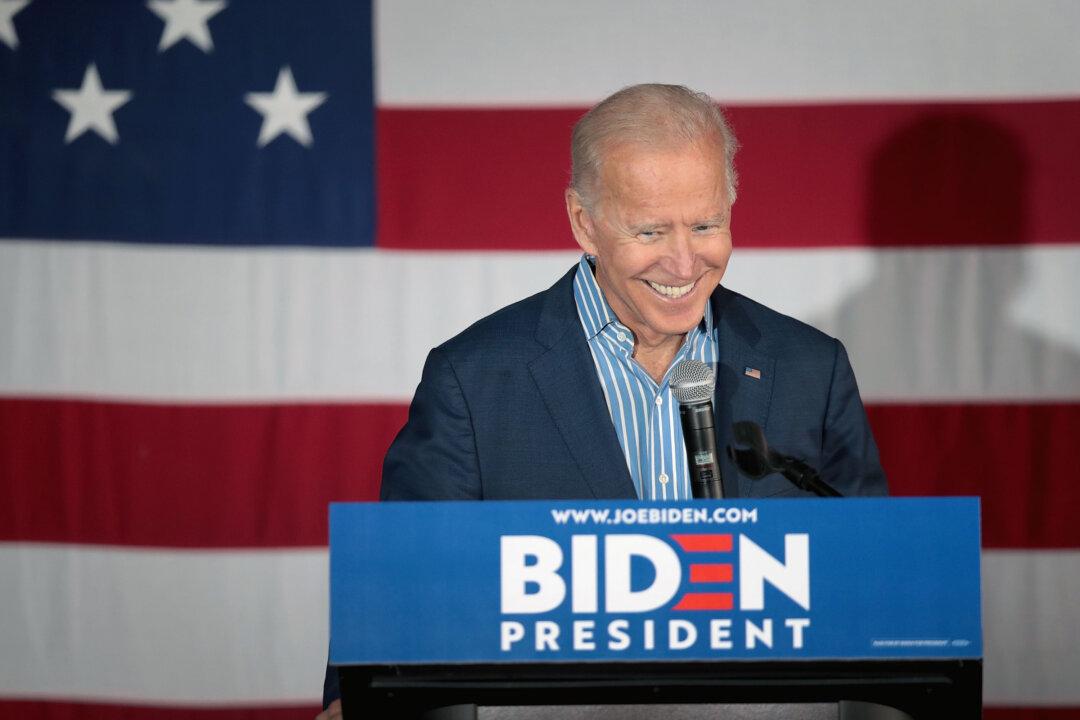Former Vice President Joe Biden claimed that the United States would find a cure for cancer if he is elected president.
Biden made the promise while campaigning in Ottumwa, Iowa, on June 11.


Former Vice President Joe Biden claimed that the United States would find a cure for cancer if he is elected president.
Biden made the promise while campaigning in Ottumwa, Iowa, on June 11.